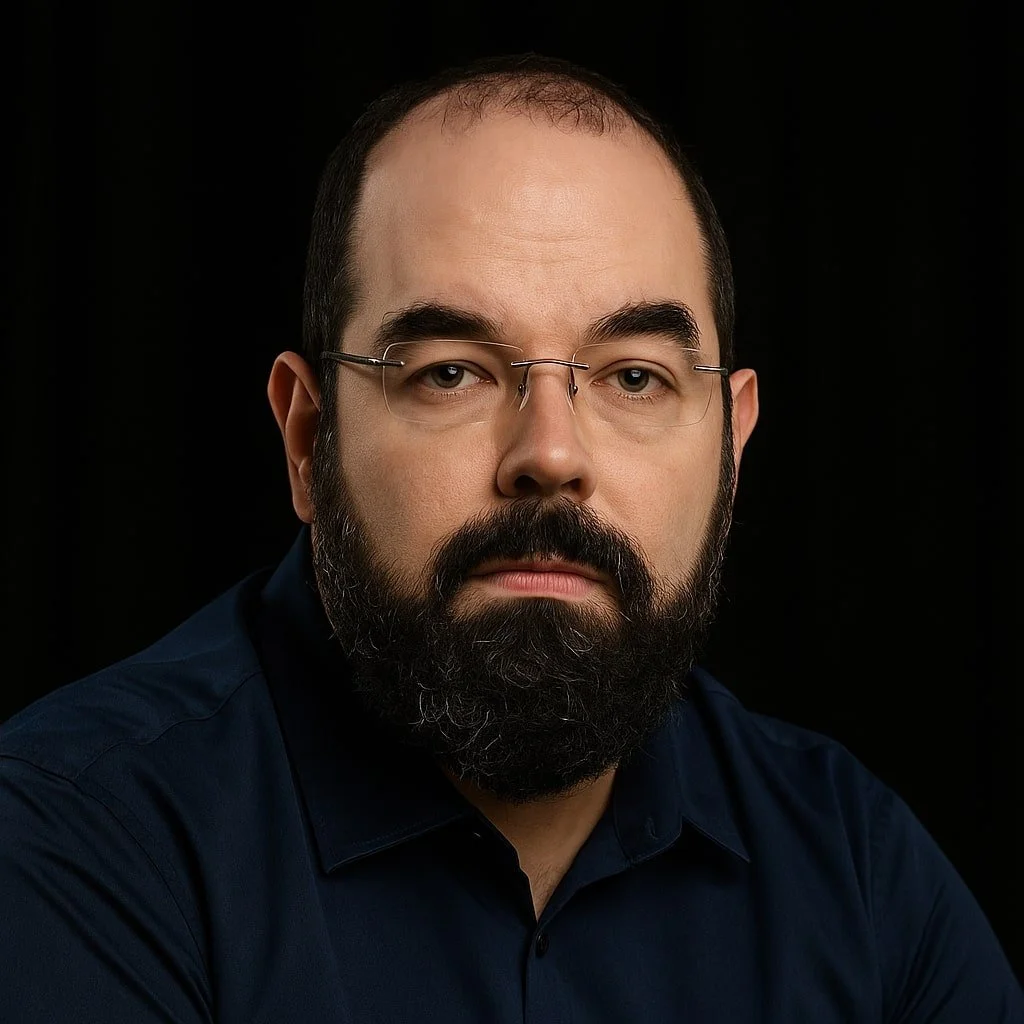Eliezer Yudkowsky
TL;DR Eliezer Yudkowsky is a pioneering thinker in the field of artificial intelligence safety, best known for his work on rationality, AGI alignment, and the long-term future of humanity.
Eliezer Yudkowsky by Sora
Eliezer Yudkowsky is an AI researcher, writer, and philosopher whose ideas have profoundly shaped modern discussions around artificial general intelligence (AGI) and its potential impact on humanity. As one of the earliest voices to warn about the existential risks associated with advanced AI, Yudkowsky has become a central figure in the global conversation on AI alignment, the challenge of ensuring that powerful artificial minds act in accordance with human values and ethics.
Largely self-taught, Yudkowsky began writing about AI and rationality in the late 1990s, long before AI became mainstream. He co-founded the Machine Intelligence Research Institute (MIRI), dedicated to the study of friendly AI and the mathematics of safety. His essays and writings, particularly those featured in his acclaimed “Sequences” series, introduced rigorous frameworks for rational thinking, Bayesian reasoning, and ethical philosophy in AI design.
Known for his sharp intellect and unapologetically direct tone, Yudkowsky has also been a public intellectual who challenges both the AI research community and policymakers to take existential risks seriously. His influence extends beyond academia, inspiring an entire generation of AI safety researchers, rationalist communities, and futurists to approach intelligence with both wonder and caution.
Co-founder of the Machine Intelligence Research Institute (MIRI), a leading organization in AI alignment research.
Originated the concept of “Friendly AI”, focusing on ensuring that advanced artificial systems remain beneficial to humanity.
Author of “The Sequences”, a monumental collection of essays on rationality, logic, and human reasoning.
Early advocate for AI safety, influencing global awareness of existential risks tied to artificial general intelligence.
Developed foundational ideas on decision theory, recursive self-improvement, and rational ethics in AI systems.
Recognized as a leading philosopher of AI alignment, inspiring movements such as LessWrong and the rationalist community.
Continues to advocate for careful, responsible AI development through essays, debates, and public discussions on long-term AI governance.

